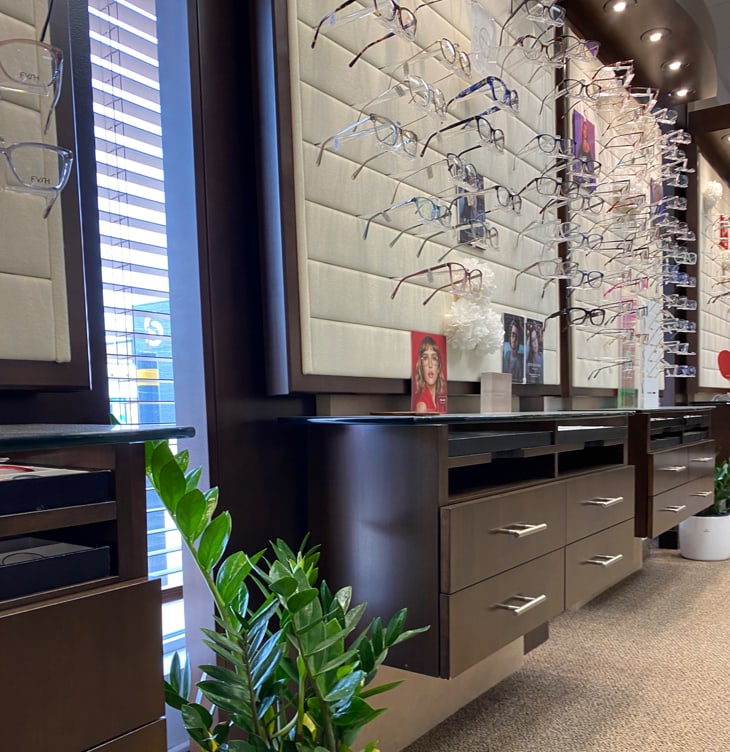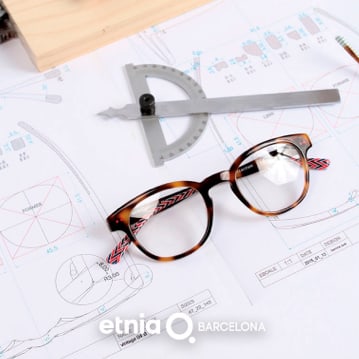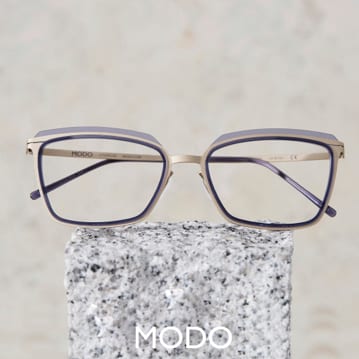Regular eye exams are critical for maintaining good eye health and can also aid in the early detection of certain health conditions and eye diseases.
Diabetes is a chronic illness that affects millions of people worldwide. If left untreated, it can cause several complications, including vision problems. As a result, many people are curious whether an eye exam can detect diabetes.
During an eye exam, your eye doctor can look for changes in the blood vessels in the retina that may indicate high blood sugar levels, which can be a sign of diabetes.
How Does Diabetes Affect the Eyes?
Over time, high blood sugar levels can damage the blood vessels in the eyes, leading to a condition known as diabetic retinopathy.
This damage can cause blood vessels to leak, swell, or close, resulting in vision changes and, if left untreated, blindness.
If signs of diabetic retinopathy are detected during an eye exam, the patient may have diabetes. However, the absence of signs of diabetic retinopathy during an eye exam doesn’t necessarily mean that a person doesn’t have diabetes.
Can an Eye Exam Detect Diabetes?
An eye doctor can perform a comprehensive eye exam that not only detects diabetes (both type 1 and type 2) early on, the exam can also detect other health issues like diabetic retinopathy.
The risk factors for diabetic retinopathy include:
- Poorly managed diabetes,
- Longer duration of diabetes
- The type of diabetes
- Vascular conditions such as high blood pressure and high cholesterol
A visit to your eye doctor is so important because they play a key role in monitoring the improvement or worsening of the vascular status. Your optometrist will also communicate with your primary care provider, to make sure they can update your treatment plan accordingly. Your optometrist may recommend diagnostic testing, such as a blood test completed by your primary doctor or physician to determine if you have diabetes or not.
During a comprehensive eye exam, your eye doctor may look for signs of damage on the back of your eye. They will use special drops to dilate the pupil to have a larger field of view inside the eye. If your optometrist suspects some swelling related to diabetes, optical coherence tomography (OCT) of the central retina is necessary to assess the level of swelling.
Visual acuity tests, intraocular pressure tests, and the evaluation of the different cranial nerves controlling the movement of your eyes are all part of a diabetic eye exam as well.

Annual Eye Exams for People with Diabetes
If you have diabetes, you should have regular eye exams to screen for signs of diabetic eye disease. Early detection and treatment can aid in the prevention of vision problems, including blindness. Here are a few key points to remember:
- It’s recommended that people with diabetes get a comprehensive eye exam everyone one to two years, based on your eye doctor’s recommendations.
- If you have diabetes, your eye doctor may recommend more frequent diabetic eye exams depending on your needs.
- Regular eye exams are important even if you don’t have any noticeable vision problems.
Other Conditions Eye Exams Can Detect
Eye exams are not just important for monitoring for signs of diabetic retinopathy; They can also help detect other eye conditions and even systemic health problems. Here are some other conditions that can be detected during an eye exam:
- Glaucoma
- Cataracts
- Macular degeneration
- Hypertension & high cholesterol
Glaucoma
Glaucoma is a condition that damages the optic nerve and, if untreated, can result in vision loss. It’s often caused by high eye pressure, but other factors can also contribute to its development.
There are 2 main types of glaucoma: open-angle and closed-angle glaucoma.
To test for glaucoma, your eye doctor may use tonometry to measure the pressure in your eyes. They may also examine the shape and colour of your optic nerve head with a special instrument called an ophthalmoscope to look for signs of optic nerve damage.
Your optometrist may perform a visual field test or an optical coherence tomography (OCT) scan to diagnose glaucoma, or they might use these tests for patients who are already receiving care for a glaucoma diagnosis.
Cataracts
Cataracts are a condition where the lens of the eye becomes cloudy and can cause vision problems. They are often caused by aging but can also be caused by other factors, such as:
- Injury
- Certain medications
- Certain medical conditions
Your eye doctor can look at your lens with a special instrument called a slit lamp to look for signs of cataracts. They may examine your lens for changes in colour and clarity, as well as other abnormalities.
Age-Related Macular Degeneration
Age-related macular degeneration (AMD) is a condition that affects the macula (the central part of the retina) and can lead to vision loss. There are 2 types of AMD: dry and wet.
Your eye doctor can look at the macula with a special instrument called an ophthalmoscope to look for signs of macular degeneration. Some eye care professionals may use an OCT scan to determine if you have wet AMD or dry AMD.
Hypertension & High Cholesterol
Changes in the blood vessels of the eyes can indicate hypertension and high cholesterol levels. These conditions raise your chances of developing heart disease, stroke, and other health issues.
Your eye doctor will look at your retina to screen for common eye diseases and any changes in the blood vessels. The blood vessels in your eyes can also highlight the risk of hypertension and high cholesterol, which could raise your chances of developing heart disease, stroke, or other health problems.
Book a Diabetic Eye Exam in London
If you have diabetes, it’s important to schedule regular diabetic eye exams to detect signs of diabetic retinopathy or other eye conditions as soon as possible. This has the potential to significantly reduce the risk of vision loss and blindness.
Furthermore, controlling your blood sugar, blood pressure, and cholesterol levels can help lower your risk of developing diabetic retinopathy. Don’t put off getting an eye exam until you notice changes in your vision. Make an appointment with Old South Optometry to protect your eyes and overall health.











